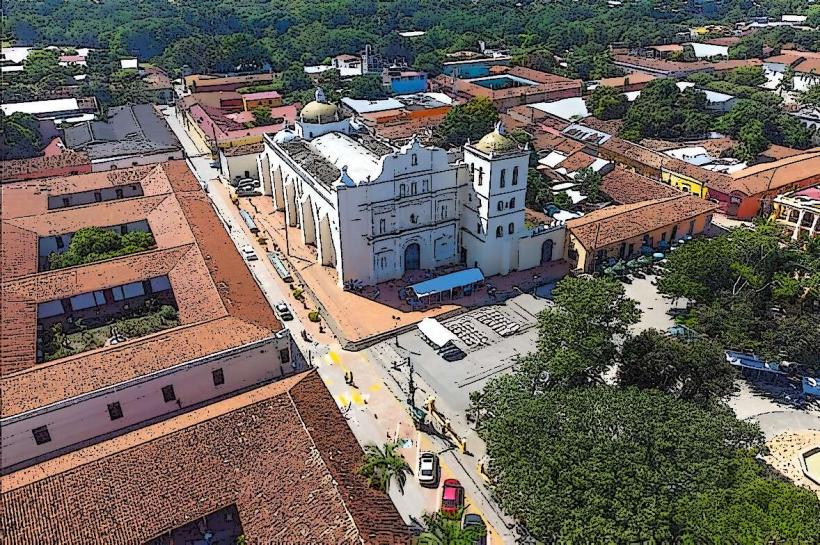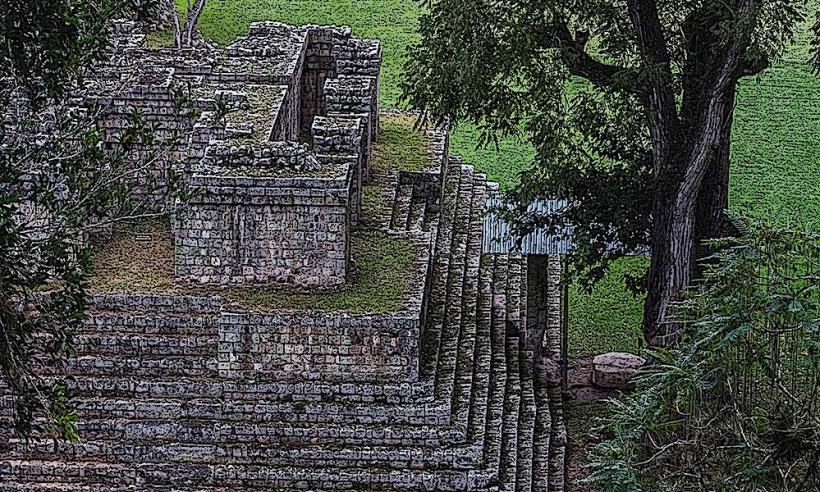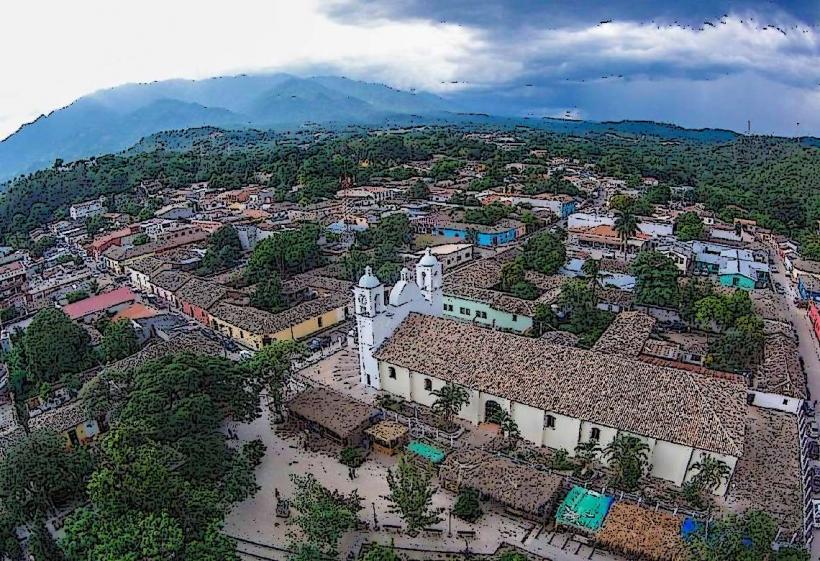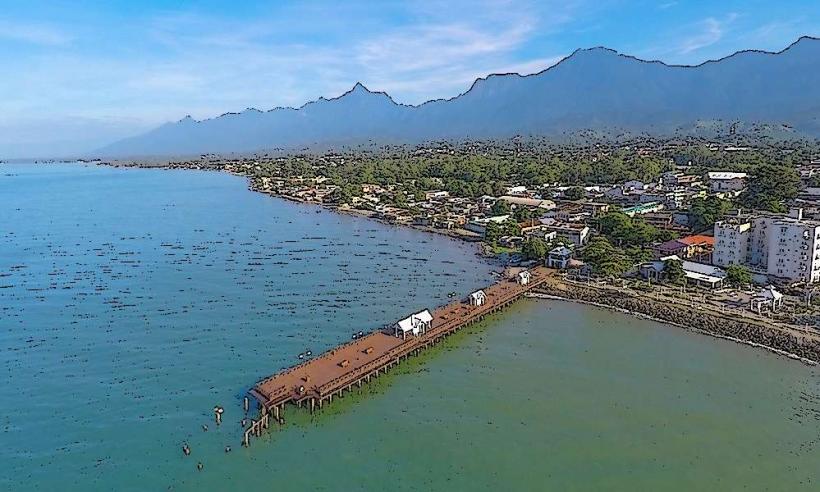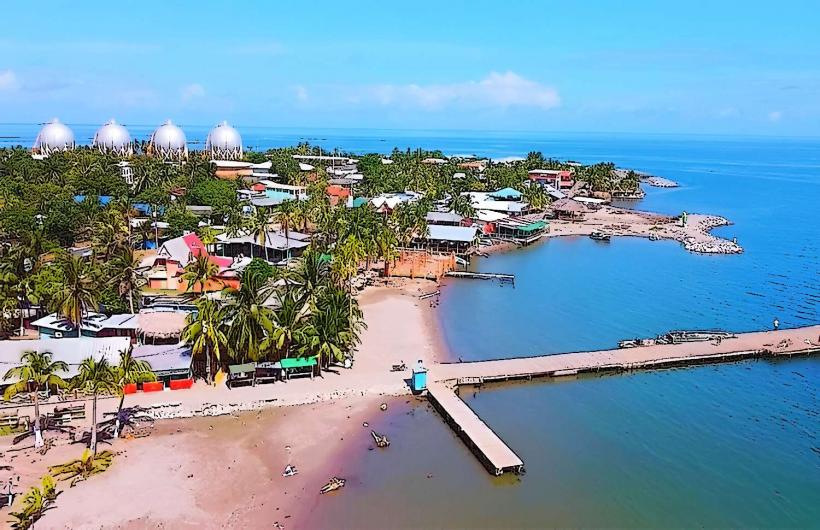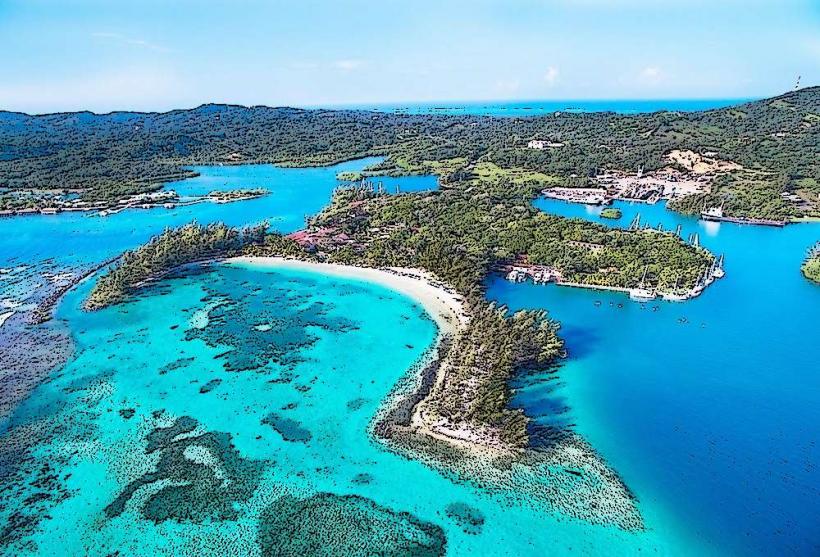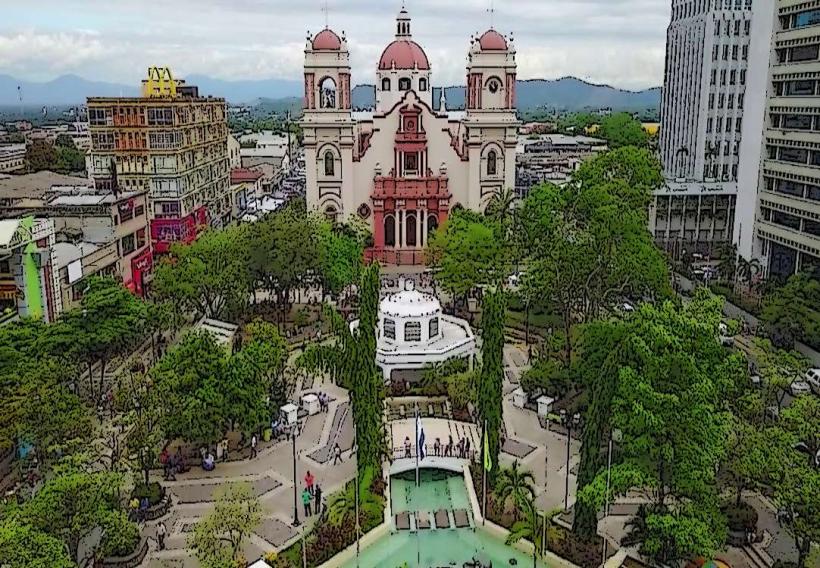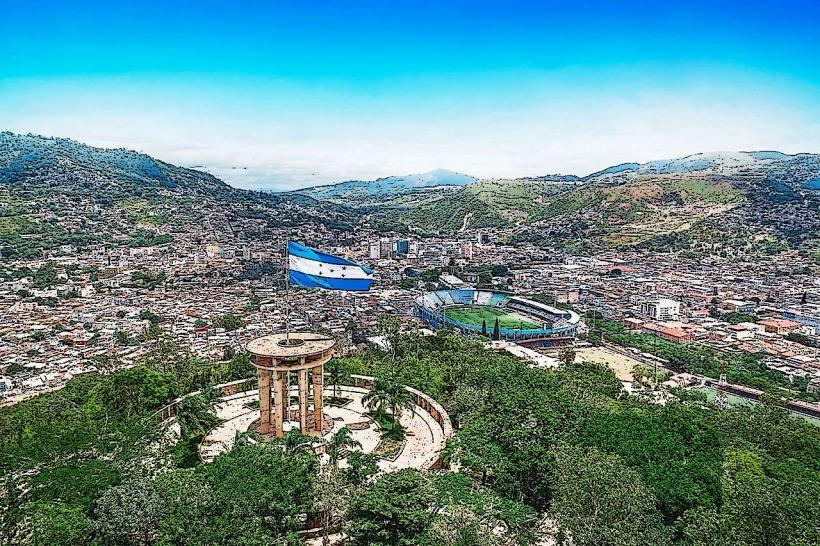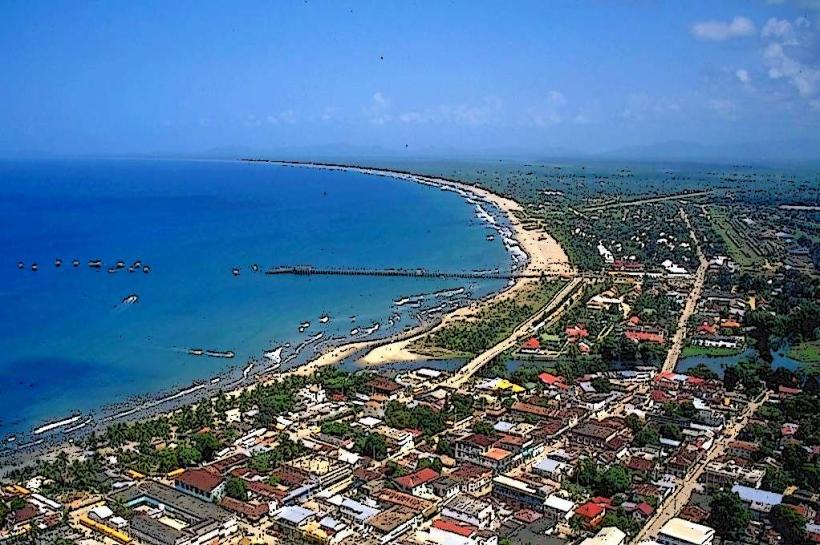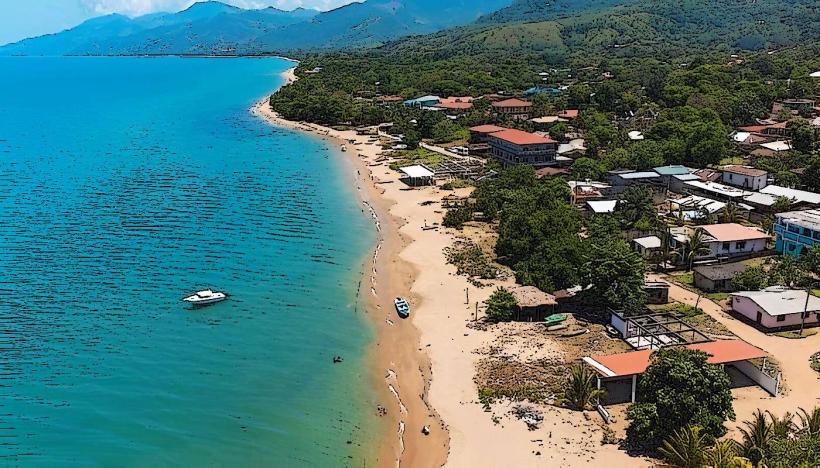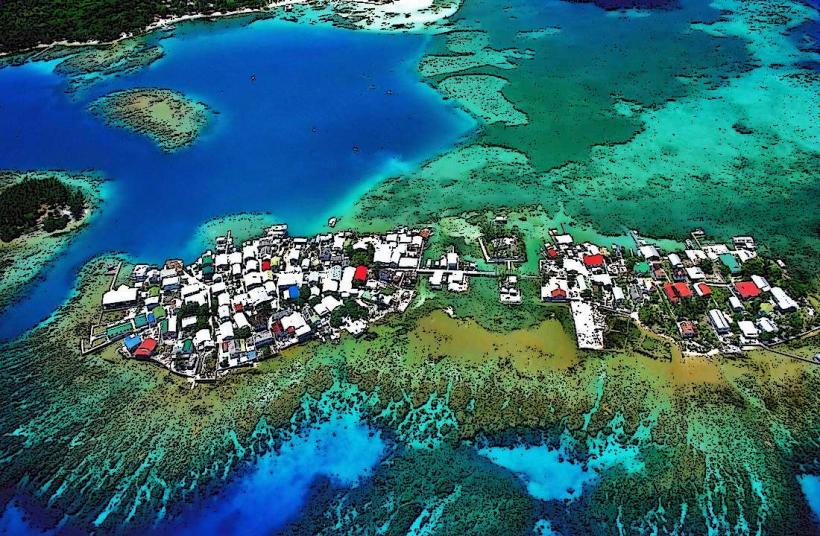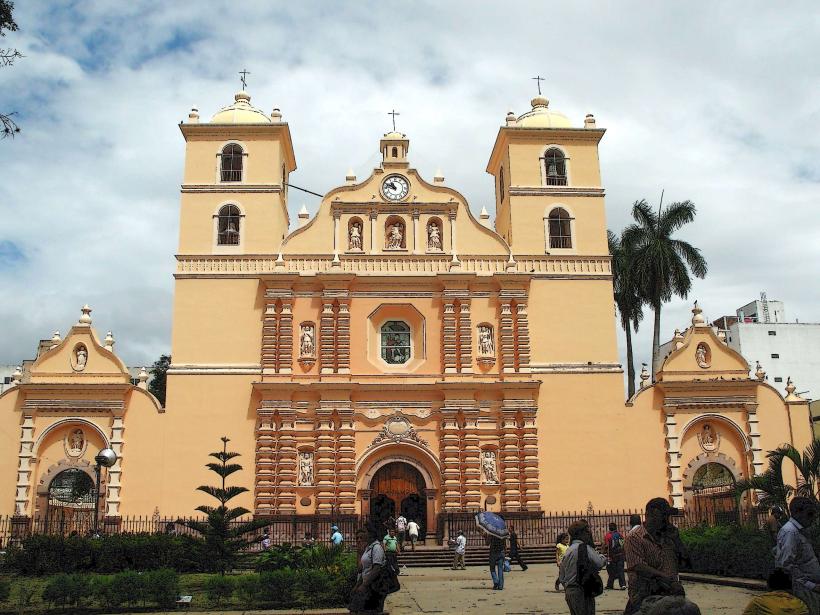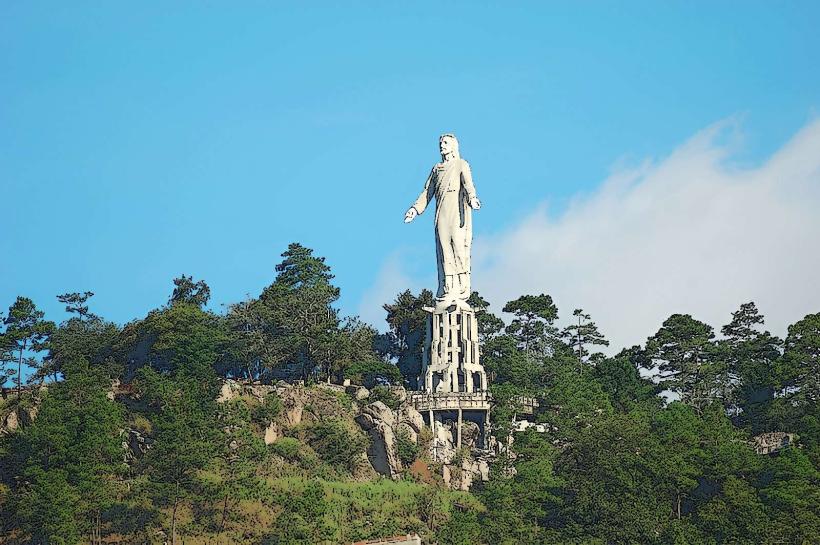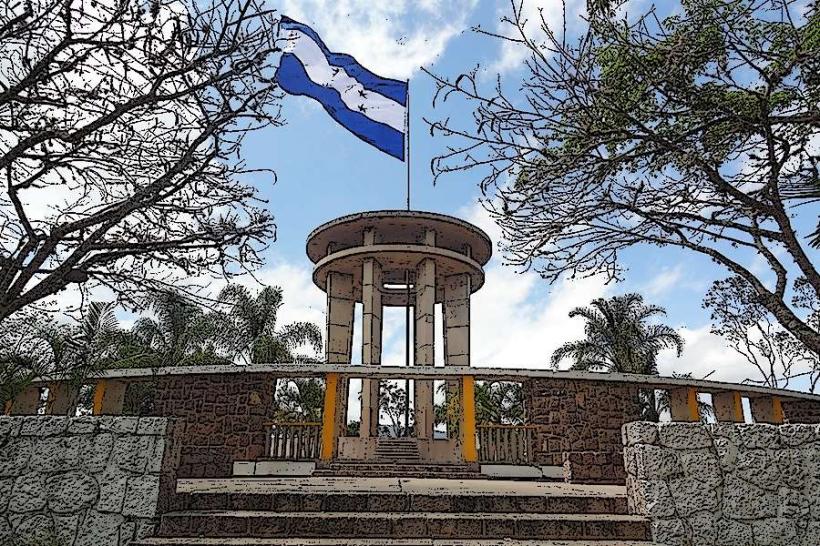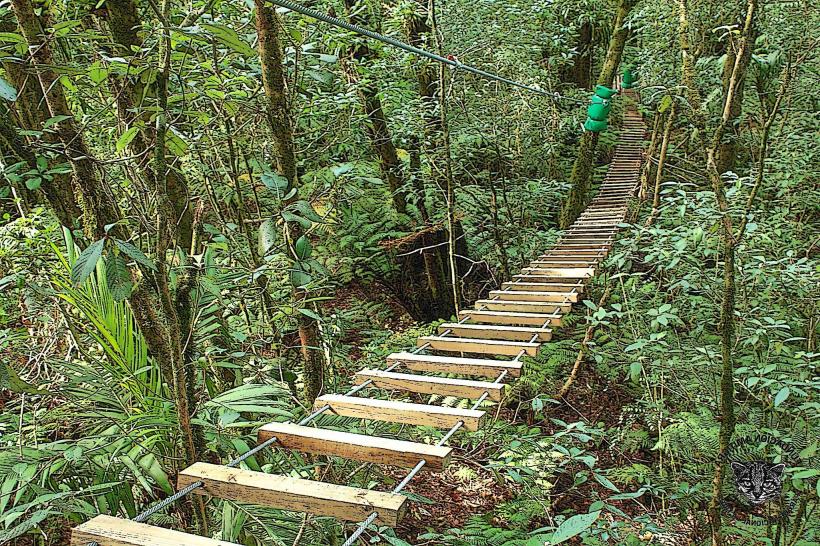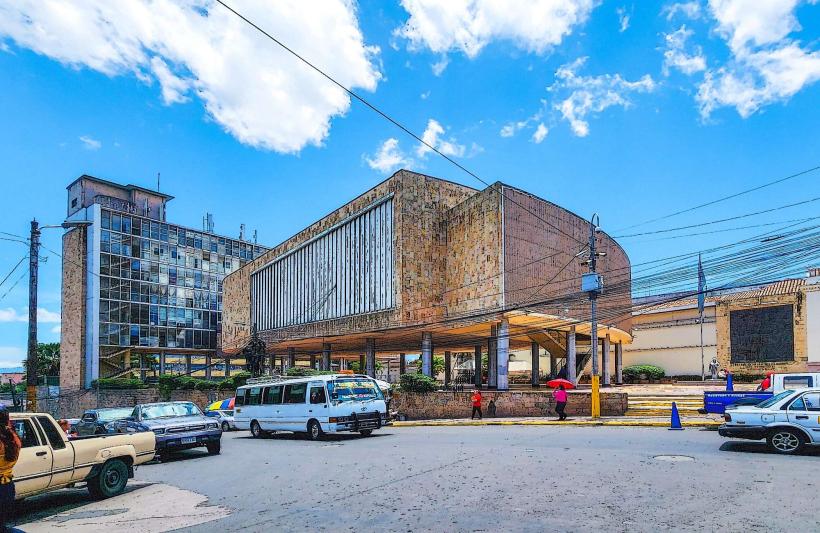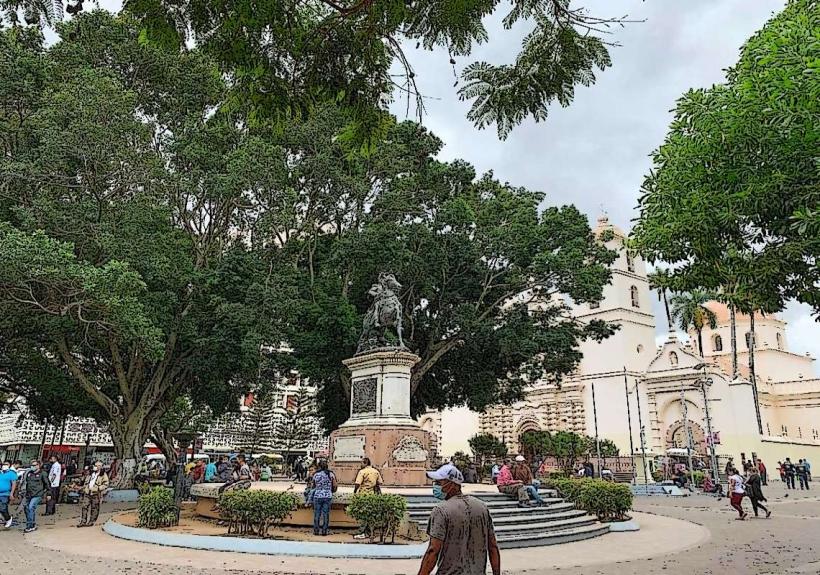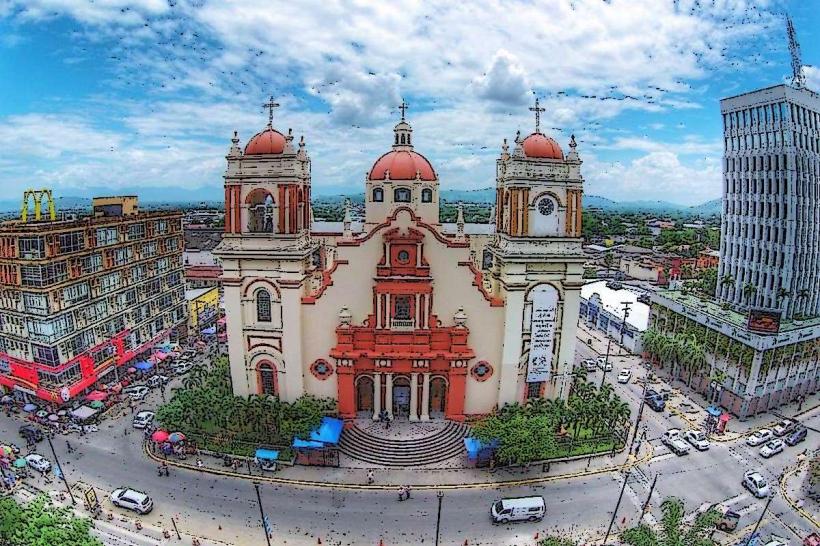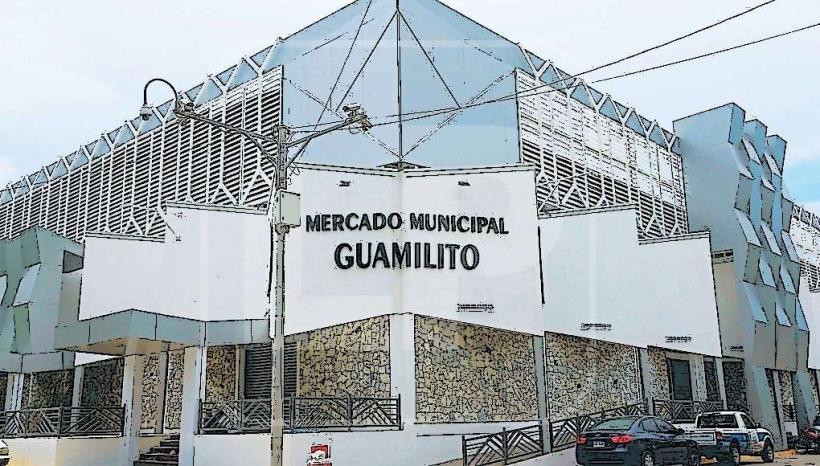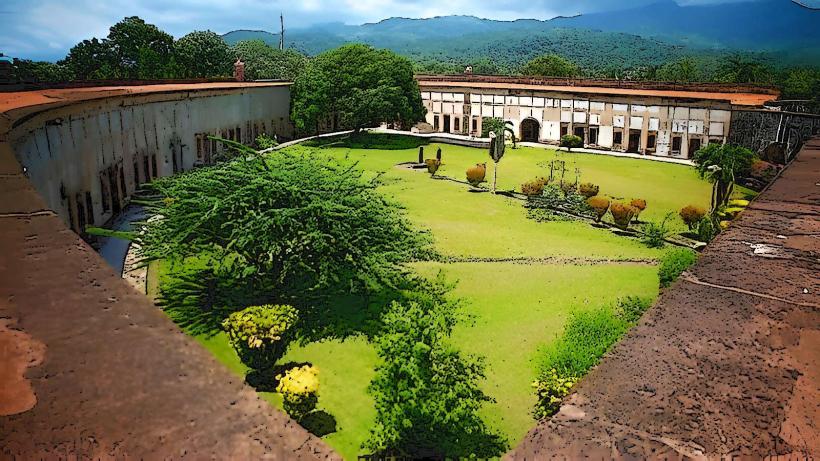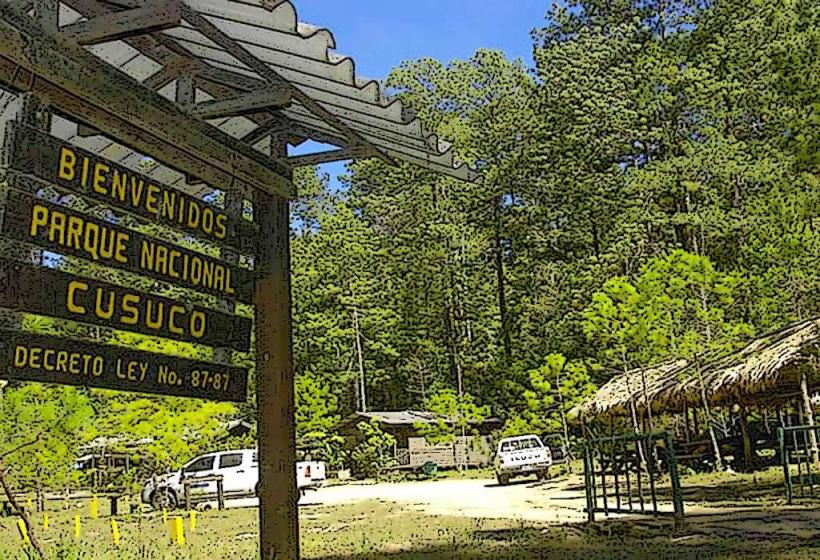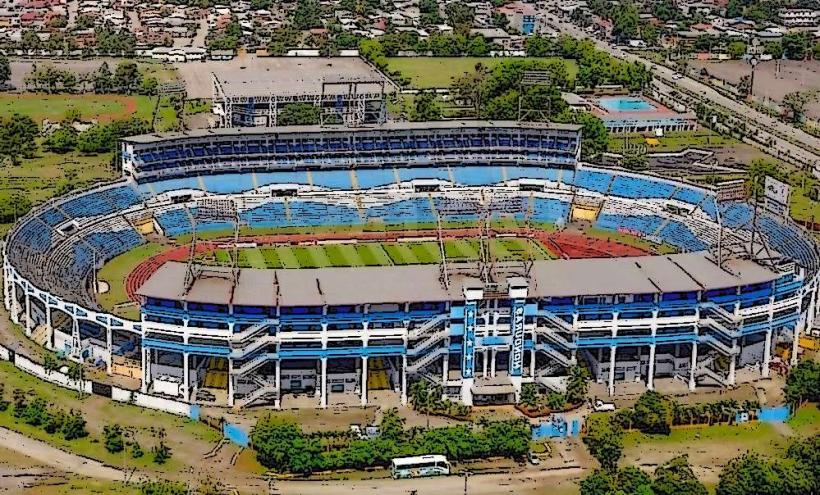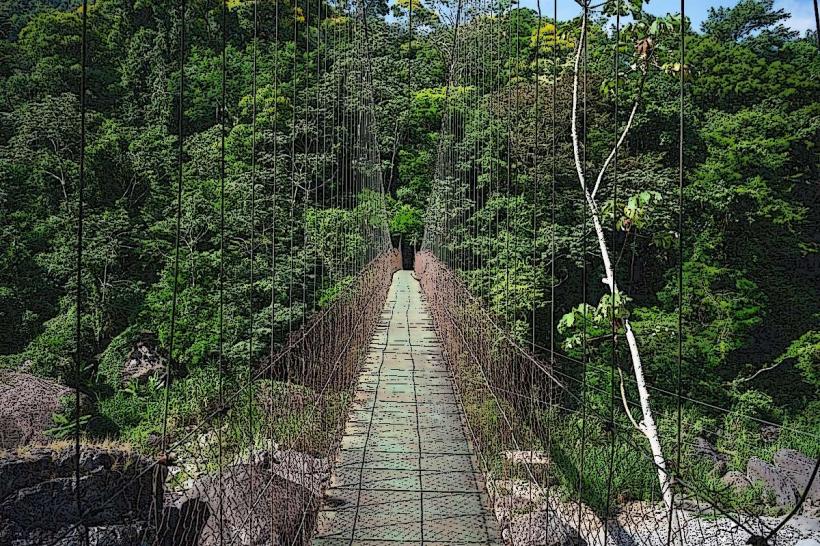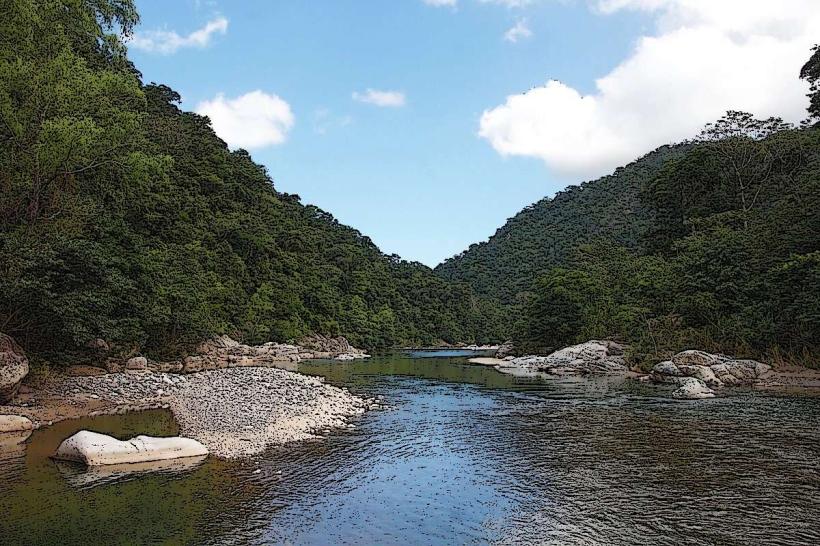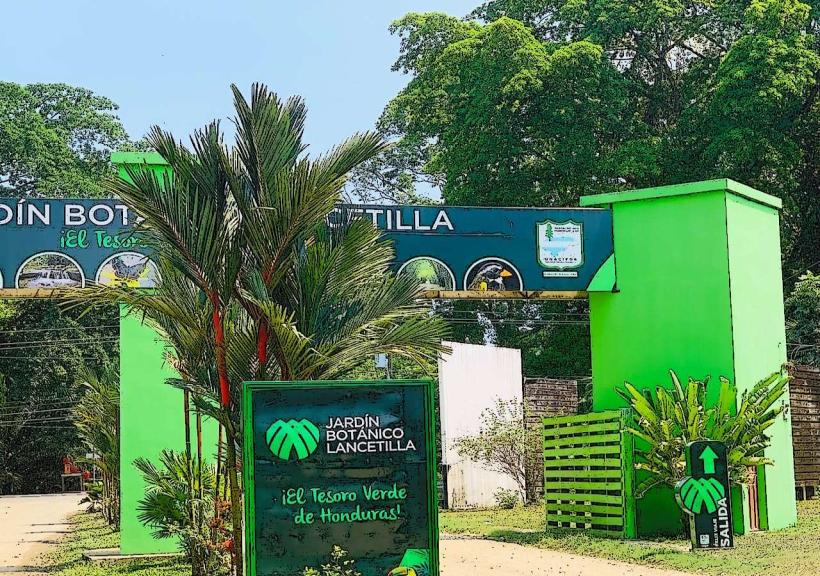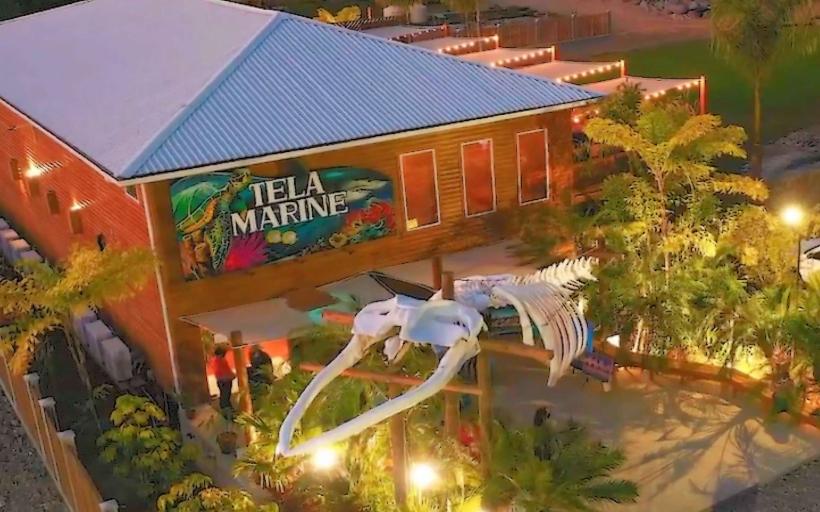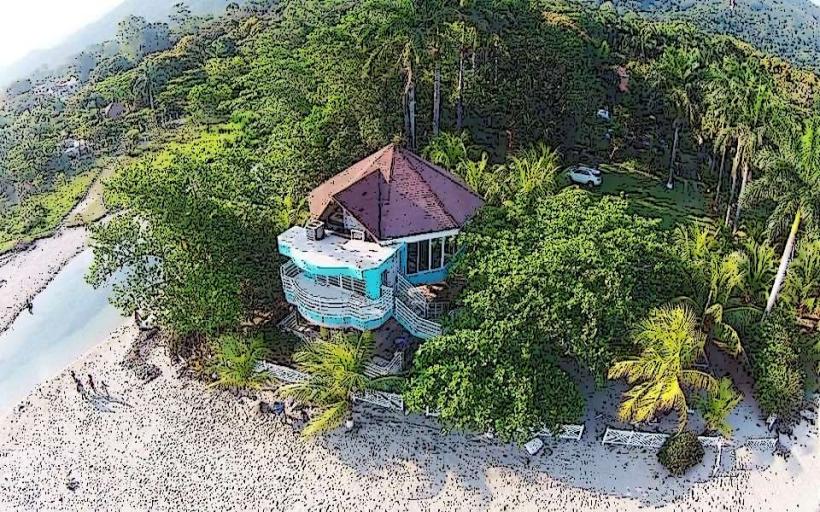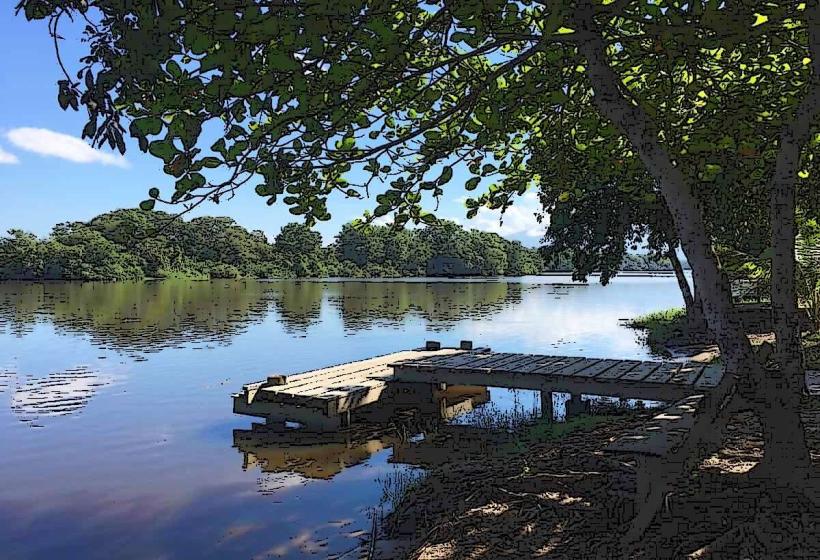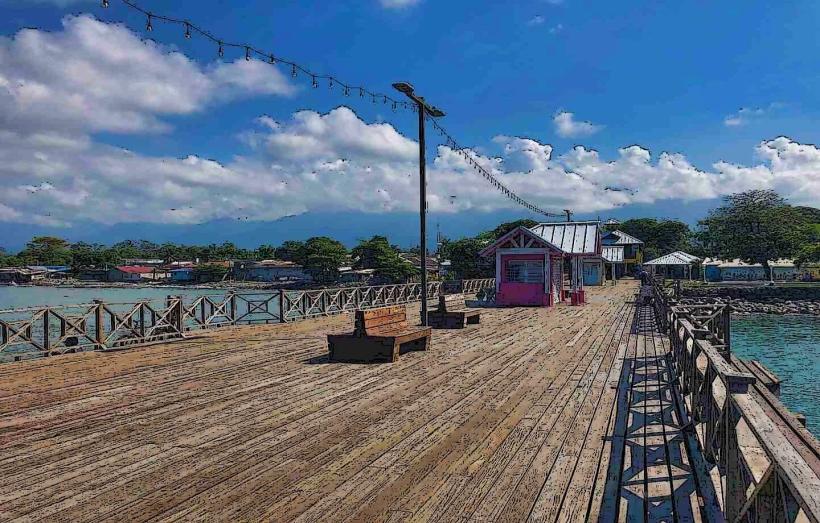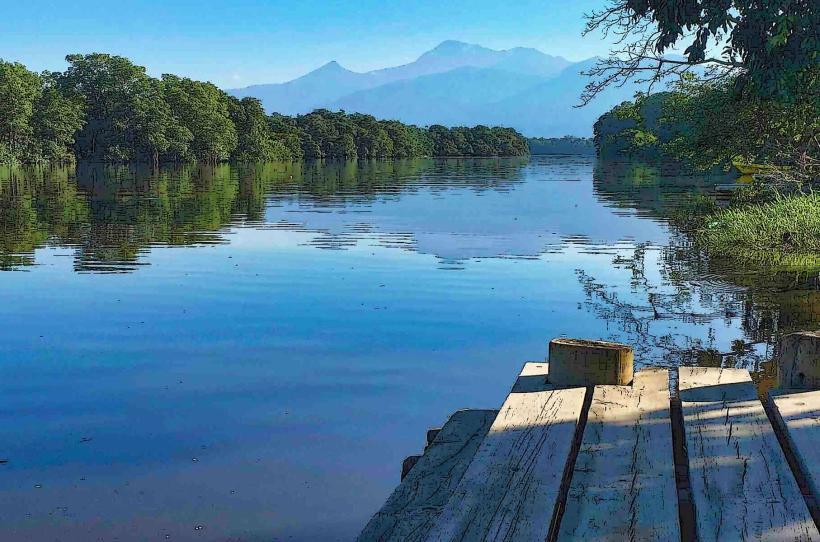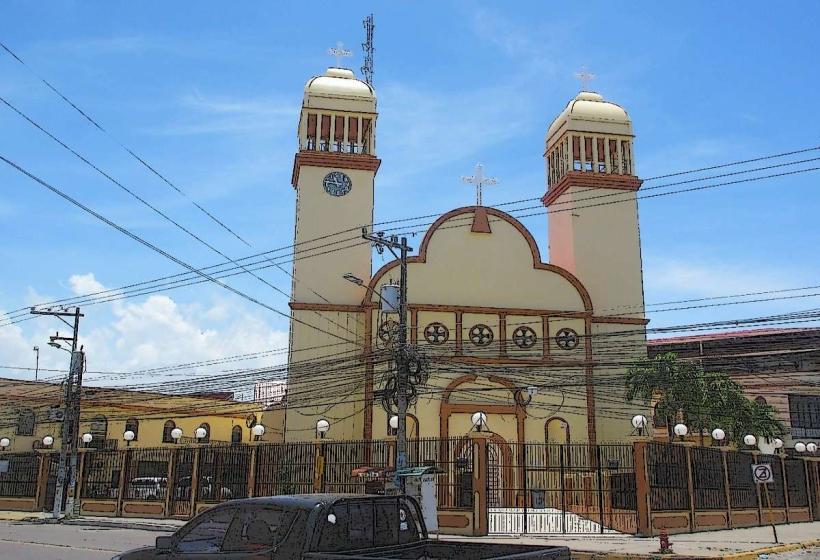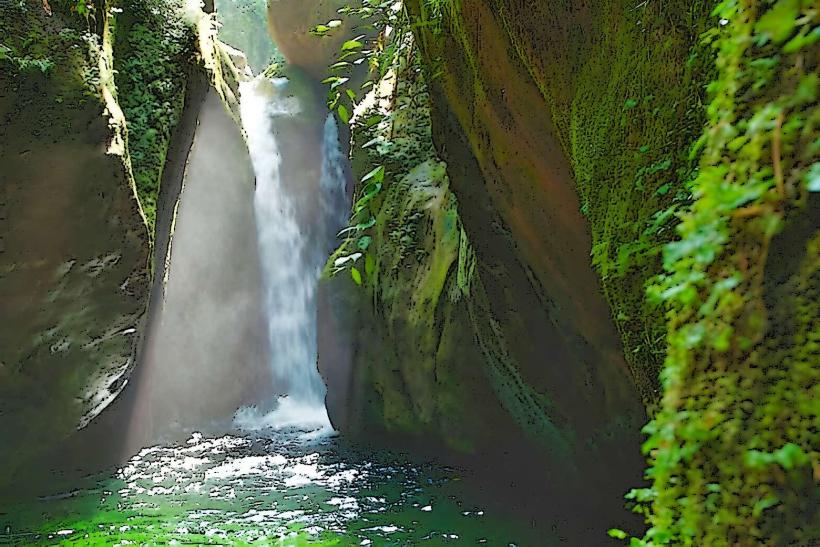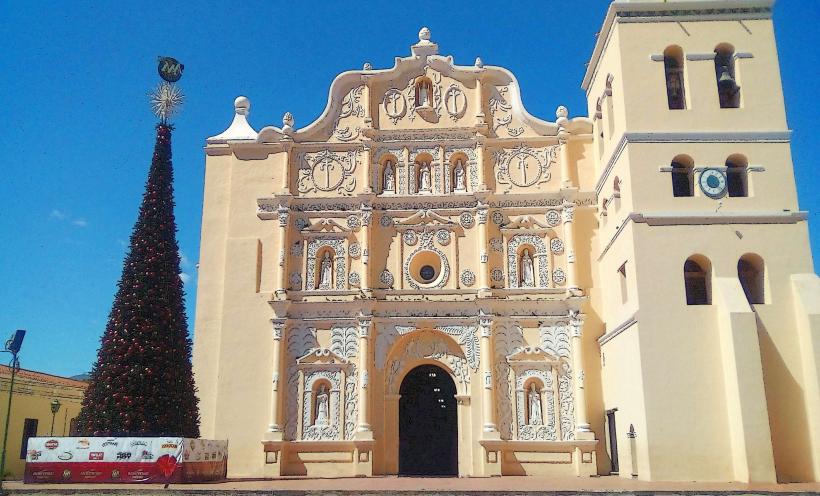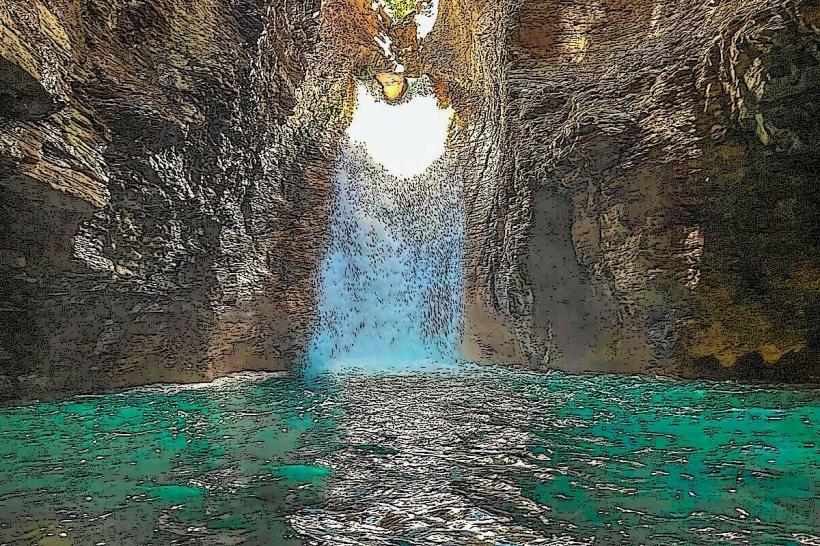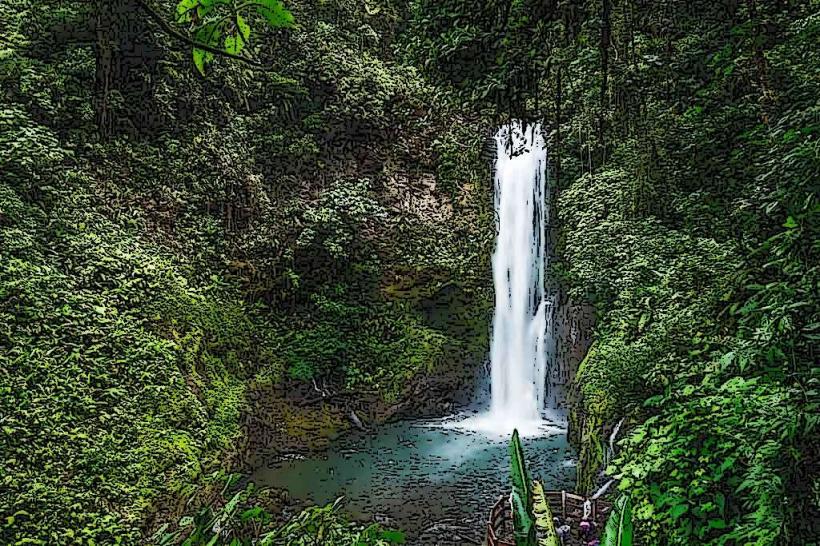Information
Country: HondurasContinent: North America
Honduras is a country located in Central America, bordered by Guatemala to the west, El Salvador to the south, Nicaragua to the east, and the Caribbean Sea to the north. It is known for its rich biodiversity, vibrant culture, and historical significance. While Honduras faces challenges such as poverty and crime, it is also home to some of Central America's most stunning natural landscapes, including mountains, beaches, and ancient Mayan ruins.
Geography
- Location: Honduras is located in the northern part of Central America, with coasts along both the Caribbean Sea to the north and the Pacific Ocean to the south, connected by the Gulf of Fonseca. The country's geographical position makes it a strategic point between the northern and southern hemispheres.
- Terrain and Landscape: The country is characterized by mountainous terrain, tropical rainforests, and coastal plains. The Cusuco and Celaque mountains are part of the region's highlands, while the northern coastal areas have beautiful beaches and coral reefs. Honduras is also home to the Mesoamerican Biological Corridor, one of the most biodiverse regions in the world.
- Rivers and Lakes: Honduras has a number of important rivers, such as the Ulúa and Chamelecón, which provide vital water resources for the country. Lake Xolotlan (also known as Lake Cocibolca) is the largest lake in Central America and lies to the southeast of the country.
History
- Indigenous Populations: Before Spanish colonization, Honduras was inhabited by indigenous peoples such as the Lenca, Miskito, Garífuna, and Chortis. These groups had their own complex societies, agricultural practices, and cultural traditions. The Maya civilization also extended into the eastern part of Honduras, leaving behind remarkable archaeological sites like Copán.
- Spanish Colonization: In the early 16th century, Honduras was colonized by the Spanish after the arrival of Hernán Cortés. The Spanish established cities and began exploiting the region's natural resources, particularly gold, which led to the mistreatment and decimation of the indigenous populations. The Spanish crown ruled over Honduras for nearly 300 years.
- Independence: Honduras gained independence from Spain on September 15, 1821, as part of the Federation of Central American States. In 1838, after a period of instability and conflicts with neighboring countries, Honduras became fully independent and established itself as a sovereign nation.
- Modern History: Honduras has faced periods of political instability, military coups, and civil unrest. It has struggled with issues such as corruption, poverty, and violence, but has also made significant strides in economic development and democratic governance.
Economy
- Agriculture: Agriculture plays a major role in Honduras' economy. The country is a leading exporter of products like coffee, bananas, palm oil, and tropical fruits. Coffee is one of the most important export crops and a vital component of the country's agricultural sector. The economy is also supported by the cultivation of sugarcane, tobacco, and vegetables.
- Mining: Honduras has significant mineral resources, and mining is an important sector of the economy. The country is known for its production of gold, silver, and zinc, which contribute to both exports and employment. However, mining has been controversial due to environmental concerns and disputes with indigenous communities.
- Manufacturing: The manufacturing sector is important to the Honduran economy, with textiles, apparel, and electronic products being significant export items. The country has a free trade zone system that encourages foreign investment and the development of export-oriented industries.
- Tourism: Honduras has growing potential in tourism, thanks to its rich cultural heritage, natural beauty, and historical sites. The Bay Islands, such as Roatán, are known for their beaches and diving opportunities, while the Copán Mayan ruins are a UNESCO World Heritage site. Ecotourism is also on the rise, with the country's rainforests, mountains, and rivers attracting adventure and nature enthusiasts.
Culture
- Language: The official language of Honduras is Spanish, but there are also several indigenous languages spoken, including Garífuna, Lenca, and Miskito. The Garífuna people, descendants of Afro-Indigenous communities, have a strong presence in coastal regions and contribute significantly to the nation's cultural identity.
- Music and Dance: Honduras has a rich musical heritage that reflects its diverse cultural influences. Traditional Garífuna music, which combines African, Indigenous, and Caribbean elements, is a major aspect of the country's cultural identity. Punta and parranda are popular dance and music styles. The marimba, a percussion instrument, is also central to Honduran folk music.
- Cuisine: Honduran cuisine is a mix of Indigenous, Spanish, and African influences. Some of the most common dishes include baleadas (a flour tortilla filled with beans, cheese, and cream), tamales, sopa de caracol (conch soup), and plátanos fritos (fried plantains). Ceviche, made from fresh seafood, is another popular dish along the coastal regions.
- Religion: The majority of Hondurans are Roman Catholic, but there is a significant Protestant population, particularly in urban areas. The indigenous populations often blend their religious practices with Catholicism, creating unique religious traditions and festivals.
Society
- Education: Education in Honduras is compulsory for children between the ages of 7 and 13, and the country has made efforts to improve literacy rates and expand access to education. However, the education system faces challenges such as underfunded schools, inadequate infrastructure, and high dropout rates, especially in rural areas.
- Healthcare: Healthcare in Honduras is provided by both the public and private sectors. While the public healthcare system offers services for the majority of the population, it is often under-resourced and struggles to meet the needs of the people. Access to healthcare can be limited in rural and remote areas.
- Social Issues: Honduras faces significant social challenges, including high levels of poverty, inequality, and violence. The country has one of the highest homicide rates in the world, largely due to gang violence, drug trafficking, and organized crime. Rural areas, in particular, are often affected by a lack of access to basic services and infrastructure.
Government and Politics
- Political System: Honduras is a democratic republic with a presidential system of government. The president serves as both the head of state and government and is elected for a four-year term. The country has a multi-party system, but political instability, corruption, and protests have been persistent issues.
- Recent Political Events: In recent years, Honduras has faced political turmoil and civil unrest. Controversial elections and allegations of corruption have led to widespread protests and calls for political reform. Despite these challenges, Honduras has made efforts to strengthen democratic institutions and improve governance.
- International Relations: Honduras is a member of several international organizations, including the United Nations, the Organization of American States, and the Central American Integration System (SICA). It maintains strong relations with its neighbors and has been involved in regional efforts to address security and economic development challenges in Central America.
Transportation and Infrastructure
- Public Transport: Public transportation in Honduras is often informal and includes buses, taxis, and motorbikes. The buses, known as "rapidos", are the primary mode of transportation for many Hondurans. However, the public transport system can be unreliable, and road infrastructure in rural areas is often poor.
- Air Travel: Honduras is served by several international airports, including Toncontín International Airport in Tegucigalpa (the capital), San Pedro Sula International Airport, and Roatán International Airport in the Bay Islands. These airports provide access to both international and regional flights.
- Roads and Highways: The country has a network of highways that connect major cities and towns. However, the road infrastructure is often in poor condition, especially in rural areas. The government has made efforts to improve road networks, but challenges such as funding and maintenance remain.
Environmental Issues
- Deforestation and Biodiversity Loss: Honduras is home to a significant portion of the Mesoamerican Biological Corridor, but its forests and wildlife are under threat due to deforestation, illegal logging, and agricultural expansion. The government and NGOs are working to address these issues through conservation programs and sustainable development initiatives.
- Natural Disasters: Honduras is vulnerable to natural disasters such as hurricanes, tropical storms, and earthquakes. The country has faced devastating storms, including Hurricane Mitch in 1998, which caused widespread destruction and loss of life. The government and international organizations have since worked to improve disaster preparedness and recovery efforts.
Conclusion
Honduras is a country with immense cultural and natural wealth, but it also faces significant challenges, including poverty, violence, and political instability. Despite these obstacles, the people of Honduras are resilient, and the country continues to make strides in economic development, social progress, and environmental conservation. With its rich history, diverse landscapes, and vibrant culture, Honduras remains an important and dynamic part of Central America.

